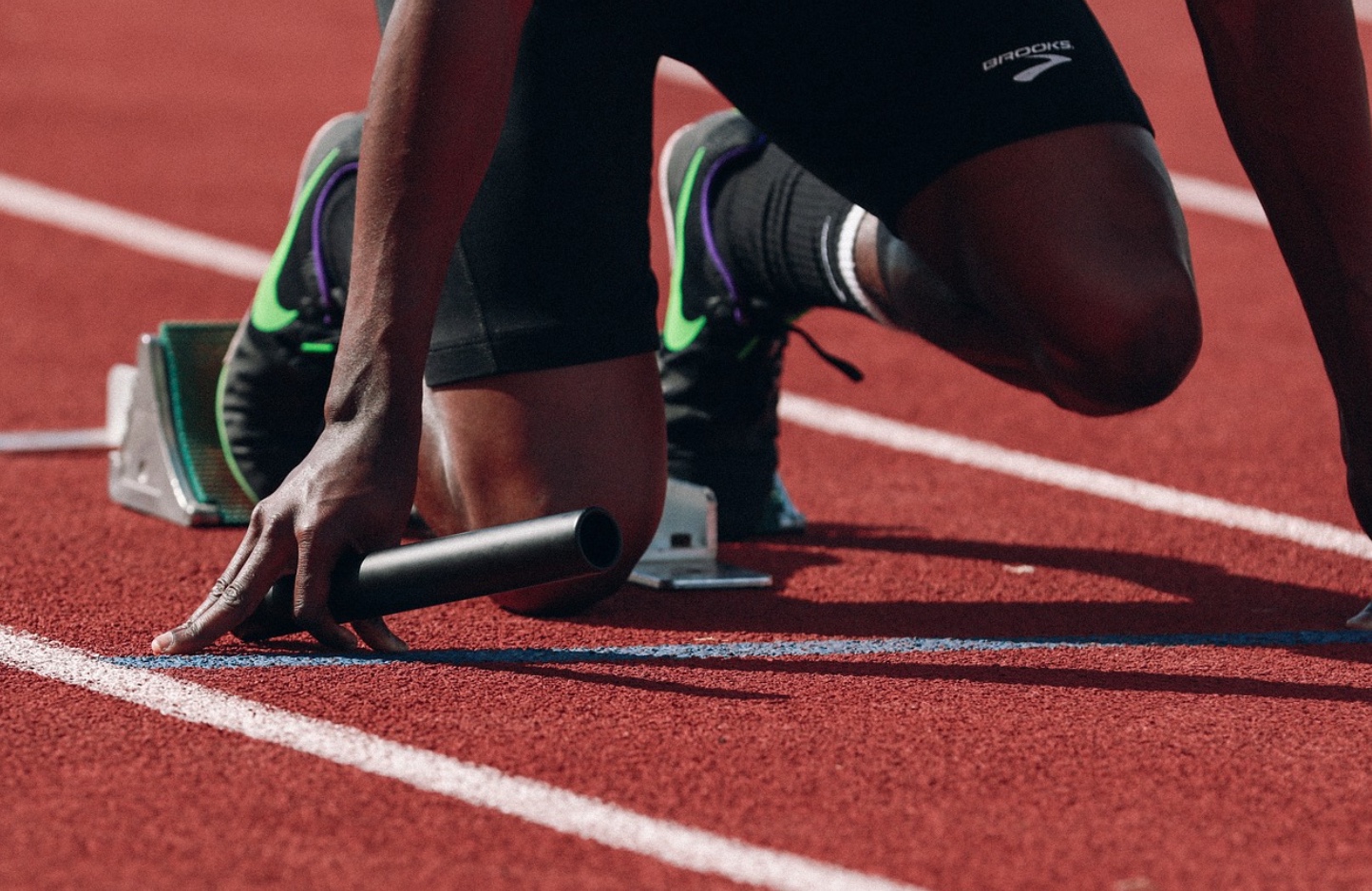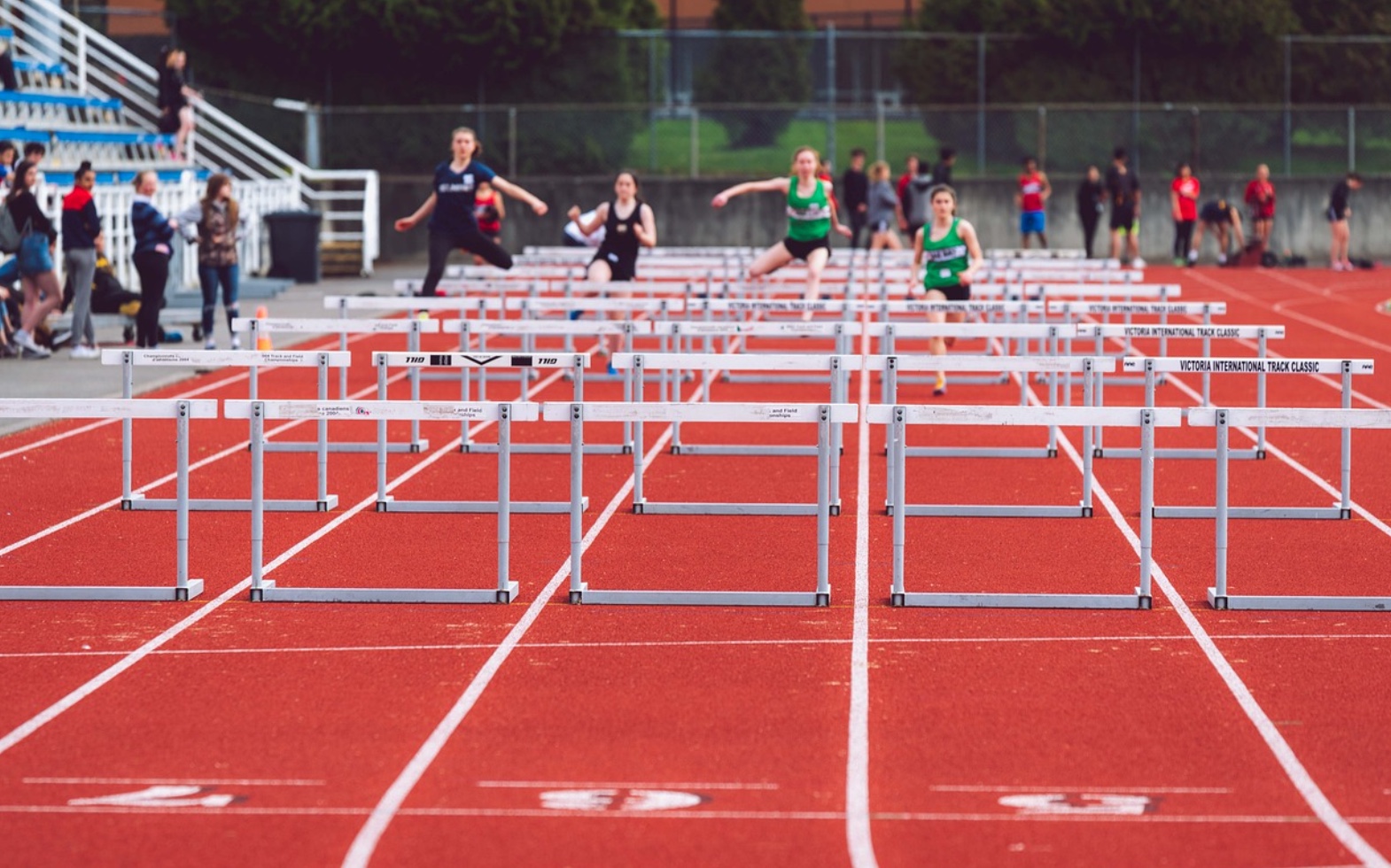Increasing scrutiny

Youtube
The NCAA is under increasing scrutiny to address the participation of transgender athletes in college sports following a recent ruling by a small college association prohibiting all transgender women from competing in women’s sports.
Athlete Ally

Youtube
Athlete Ally, an advocacy group for LGBTQ+ athletes, dispatched letters endorsed by numerous transgender rights supporters to NCAA President Charlie Baker and the Board of Governors on Tuesday.
Transgender athletes

pixabay
Present regulations permit transgender athletes, including women, to participate as long as they comply with the regulations set by their respective international sport governing bodies.
Deny

Youtube
“To deny transgender athletes the fundamental right to be who they are, to access the sport they love, and to receive the proven mental and physical health benefits of sport goes against the very principles of the NCAA’s Constitution,” one of the letters, endorsed by over 400 present and past professional and collegiate athletes from various sports, was reviewed.
Signatories

Youtube
Signatories included retired U.S. women’s national soccer team icon Megan Rapinoe, retired WNBA star Sue Bird (partner of Rapinoe), and current WNBA player Layshia Clarendon from the Los Angeles Sparks, who identifies as transgender and nonbinary.
NCAA women’s sports

pixabay
Additionally, numerous other players from the WNBA, U.S. women’s national soccer team, and National Women’s Soccer League also added their signatures to the letter. “We call on you to be on the right side of history and affirm that sport is truly for us all,” the letter continued. “Do not ban transgender women from NCAA women’s sports.”
Academic scholars

pixabay
In addition to the athletes’ letters, Athlete Ally also dispatched letters endorsed by over 300 academic scholars and researchers, along with more than 100 queer advocacy organizations, echoing similar requests. The NCAA chose not to provide a comment on the matter.
Prohibit

pixabay
Earlier in the month, the National Association of Intercollegiate Athletics, predominantly comprised of small private institutions, decided to prohibit all transgender women from participating in women’s sports, regardless of whether they have undergone gender-affirming hormone therapy.
Activists

pixabay
This development has sparked increased interest in the discussion this month. Even before the NAIA’s decision, activists advocating for transgender rights speculated that the NCAA’s Board of Governors would conduct a virtual vote on its transgender athlete policy this week. These advocates now anticipate that the vote will be delayed.
Crucial

Youtube
Traditionally, the end of April and the beginning of May mark a crucial period for rule-making within the NCAA. Recent legislative actions by the organization have focused on regulations concerning transfers and name, image, and likeness (NIL) rights. These new policies typically come into effect at the commencement of August, coinciding with the start of fall sports.
Inclusion Forum

Youtube
The Board of Governors is scheduled to convene virtually on Thursday, while the NCAA will host its annual Inclusion Forum in Indianapolis simultaneously. The extent to which potential modifications to the transgender athlete policy will be discussed during the board meeting remains uncertain, as decisions can be made at any point throughout the year.
Transgender inclusion

Youtube
Concurrently, activists opposing transgender inclusion are advocating for similar restrictions to those implemented by the NAIA, urging the NCAA to follow suit. Nancy Hogshead-Makar, a U.S. Olympic gold medalist in swimming and CEO of the advocacy group Champion Women, initiated an email campaign encouraging supporters to send a pre-written letter to the Board of Governors.
Commitment

Youtube
“Recent decisions like that of the NAIA, demonstrate a commitment to maintaining sport categories based on biological sex, ensuring that female athletes are not treated unfairly,” the letter read. “These policies not only uphold the safety and integrity of sports but also reinforce the principle that female athletes should compete against each other on an equal footing.”
Increasing

pixabay
Increasing the scrutiny on the NCAA, a group of 17 House Republicans sent a letter to Baker on April 15, urging the organization to prohibit transgender women from participating in sports competitions. “We are deeply concerned about the future of women’s sports and upholding the critical Title IX protections for women’s sports with the NCAA’s current policies,” the letter read. “We urge the NCAA to follow the NAIA’s lead on this issue and prohibit transgender athletes from competing in women’s sports.”
Title IX

pixabay
The recent Title IX guidelines issued by the Biden administration, finalized on Friday, do not cover the topic of transgender athlete participation in college sports. A separate update specifically addressing this issue is anticipated, as reported by the Associated Press.
Regulations

pixabay
In 2022, the NCAA introduced a sport-specific approach requiring athletes to follow the regulations set by their respective sport’s international governing body. International governing bodies of sports have been deliberating on how to establish fair and scientifically supported regulations.
Eligibility

pixabay
Organizations like World Aquatics and World Athletics have significantly restricted the eligibility of transgender girls and women, disqualifying them from competition if they have undergone puberty influenced by testosterone.
Final phase

pixabay
If the NCAA chooses not to prohibit transgender women from women’s competitions, it may progress to the third and final phase of implementing the 2022 policy for the 2024-25 academic year. However, in December 2023, the NCAA’s Committee on Competitive Safeguards and Medical Aspects of Sports recommended a delay in the full implementation of the policy for further review.
Criticism

pixabay
In recent times, transgender athletes have faced criticism and opposition from conservative circles across K-12 schools, colleges, and Olympic competitions. Approximately half of the states in the U.S. have implemented regulations since 2020 that prohibit transgender individuals, both girls and women, and occasionally boys and men, from participating in publicly funded school sports based on their gender identity.
Legal challenge

pixabay
Some of these bans are currently under legal challenge, with a federal appeals court in West Virginia ruling a transgender girl eligible to compete on the girls’ cross-country team despite the state’s ban on such participation.
My story

pixabay
“None of us have been talked to by the NCAA about this ruling that’s [potentially] being made without trans athletes in the discussion,” said Sadie Schreiner, a transgender woman who runs the 400 and 200 meters for Division III Rochester Institute of Technology’s track and field team. “No one has asked for my story.”
Eighth grade

pixabay
During eighth grade, prior to Schreiner’s transition, she achieved a time of 55 seconds in the 400-meter race, whereas her current fastest time is 56 seconds as a sophomore. This highlights the complexity of the research surrounding transgender athletes.
Sports Medicine

pixabay
A recent study published in the British Journal of Sports Medicine revealed that transgender women may face physical disadvantages in certain aspects, such as lung function, in comparison to their cisgender counterparts. The study emphasized the need for further research due to the “complexity” nature of the issue.

